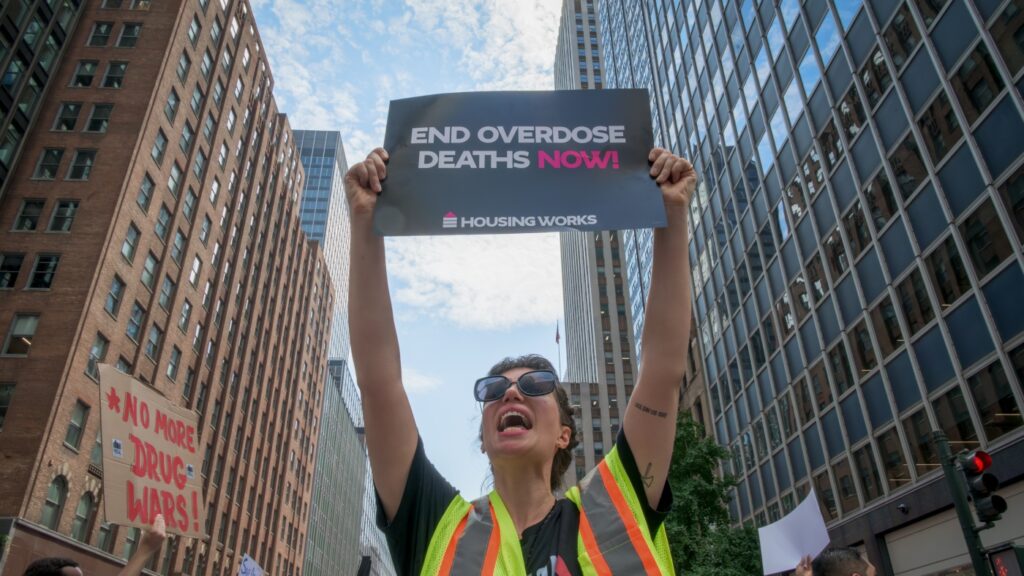The Substance Abuse and Mental Health Administration (SAMHSA) is undergoing significant changes, facing a reduction in staff and budget cuts as part of broader federal workforce reductions. The agency, vital for mental health and addiction services, is being dissolved and folded into a new entity, the Administration for a Healthy America (AHA), under Health Secretary Robert F. Kennedy Jr.
SAMHSA, established in 1992 to support mental health and addiction services, played a crucial role in funding programs that addressed the growing demand for care. Its grants, totaling billions of dollars, supported various initiatives such as suicide prevention services and mental health block grants.
Experts and lawmakers are concerned about the impact of SAMHSA’s dissolution. The agency’s funding was essential for critical services like Naloxone distribution, rural community support, and peer specialist programs. The loss of SAMHSA’s technical expertise is already affecting communities, with concerns about maintaining vital services and proper funding.
Despite Health Secretary Kennedy’s reassurances about improving efficiency under the AHA, critics question the wisdom of dismantling an agency that has shown success in tackling issues like overdose deaths. Lawmakers are pressing for clarity on the rationale behind these changes and the potential impacts on mental health and addiction care.
The uncertainty surrounding the future of SAMHSA raises concerns about the loss of expertise, funding, and support for essential mental health and addiction services across the country. The debate continues as stakeholders advocate for preserving the progress made in addressing these critical public health issues.

